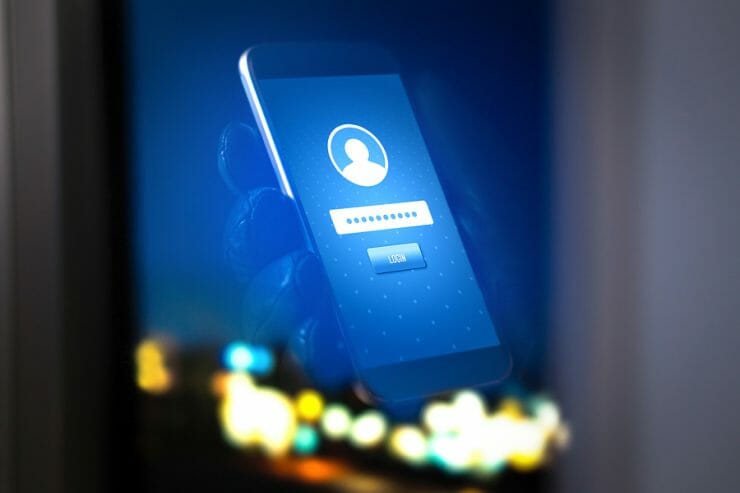by Jennifer Leach, Acting Associate Director, Division of Consumer & Business Education for the Federal Trade Commission, December 27, 2018
Earlier this month, we told you about a growing scam: people pretend to be from the Social Security Administration (SSA) and try to get your Social Security number or your money. That scam is now growing exponentially. To compare: in 2017, we heard from 3,200 people about SSA imposter scams, and those people reported losing nearly $210,000. So far THIS year: more than 35,000 people have reported the scam, and they tell us they’ve lost $10 million.
Scammers are saying your Social Security number (SSN) has been suspended because of suspicious activity, or because it’s been involved in a crime. Sometimes, the scammer wants you to confirm your SSN to reactivate it. Sometimes, he’ll say your bank account is about to be seized – but he’ll tell you what to do to keep it safe. (Often, that involves putting your money on gift cards and giving him the codes – which, of course, means that your money is gone.)
Oh, and your caller ID often shows the real Social Security Administration phone number (1-800-772-1213) when these scammers call – but they’re faking that number. It’s not the real SSA calling.
Here’s what to know:
- Your Social Security number is not about to be suspended. You don’t have to verify your number to anyone who calls out of the blue. And your bank accounts are not about to be seized.
- SSA will never call to threaten your benefits or tell you to wire money, send cash, or put money on gift cards. Anyone who tells you to do those things is a scammer. Every time.
- The real SSA number is 1-800-772-1213, but scammers are putting that number in the caller ID. If you’re worried about what the caller says, hang up and call 1-800-772-1213 to speak to the real SSA. Even if the wait time is long, confirm with the real SSA before responding to one of these calls.
- Never give any part of your Social Security number to anyone who contacts you. Or your bank account or credit card number.
If you get one of these calls, tell the FTC at ftc.gov/complaint.
Written by: Jennifer Leach






